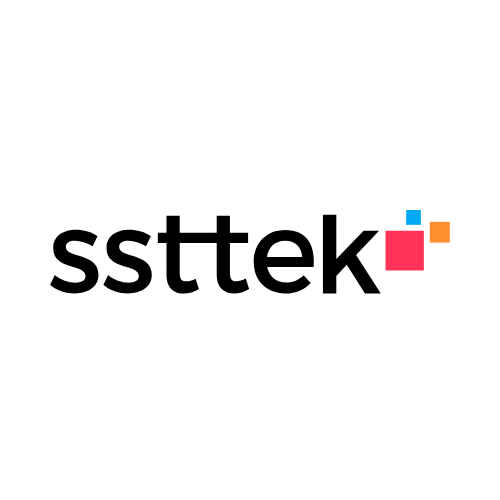In recent years, blockchain technology has gained significant attention for its potential to revolutionize various industries. One of the most promising aspects of blockchain is the concept of smart contracts. Smart contracts have the power to automate and streamline business processes while enhancing transparency and security. In this blog post, we will explore what smart contracts are, their benefits, and the exciting future they hold.
What is a Smart Contract?
A smart contract is a self-executing contract written in code on a blockchain. It works based on predefined rules and conditions agreed upon by the parties involved. These contracts eliminate the need for intermediaries such as lawyers, as they automatically enforce the terms of the contract. Once placed on the blockchain, smart contracts cannot be changed, thus providing a transparent transaction record.

Benefits of Smart Contracts
Automation and Efficiency: Smart contracts automate the execution of deals, reducing the need for manual intervention and paperwork. This automation saves time and resources for businesses, allowing processes to run faster and more efficiently.
Transparency: Blockchain technology provides transparency in terms of all transactions and contract details. The fact that the participants can verify the authenticity and integrity of the contract increases the trust between the parties.
Cost Savings: By eliminating middlemen and automating processes, smart contracts save costs associated with traditional contract enforcement, such as legal fees, audits, and reconciliations.
Security: Smart contracts are secured using cryptographic techniques and consensus mechanisms found in blockchain technology. This ensures the integrity of the contract by making them resistant to fraud and unauthorized modifications.
Accessibility: Smart contracts can create new opportunities for global cooperation and trade by enabling individuals and businesses from all over the world to transact without geographic restrictions.
The Future of Smart Contracts
The future of smart contracts in the blockchain holds great potential. As blockchain technology continues to evolve and gain acceptance; we can expect to see greater adoption of smart contracts in areas such as supply chain management, real estate transactions, healthcare, insurance, intellectual property and management systems. As smart contracts can transform traditional workflows into efficient and secure interactions, it is possible to envision a future where they have become an integral part of our daily lives, driving innovation and efficiency across multiple industries.


